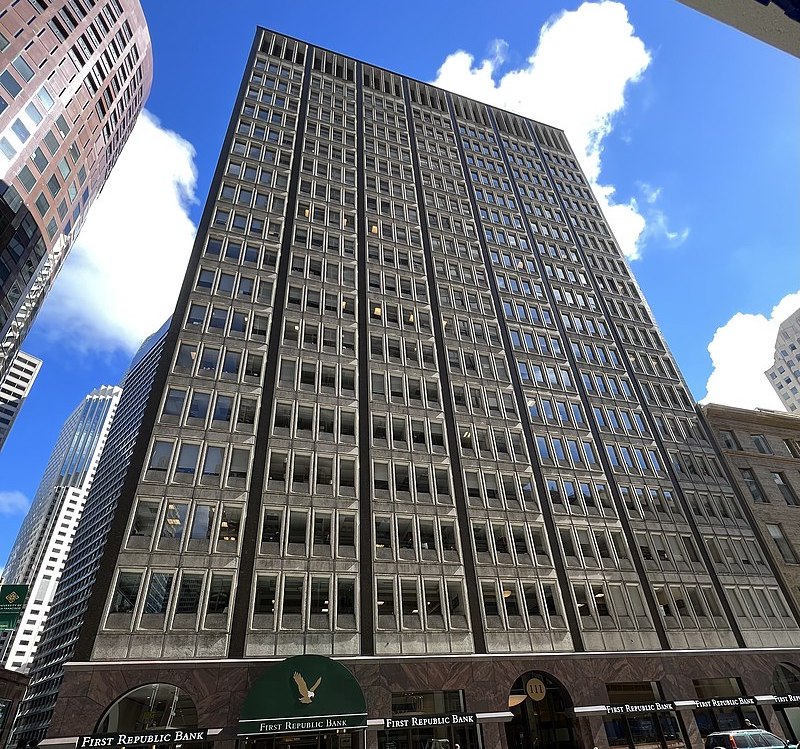Federal regulators have seized the assets of First Republic Bank and sold the vast majority of them to financial giant JPMorgan Chase.
In a statement Monday, the Federal Deposit Insurance Corp. (FDIC) said all First Republic depositors will become JPMorgan Chase depositors and have full access to their accounts.
In its own statement, JPMorgan Chase said, “In carrying out this transaction, JPMorgan Chase is supporting the U.S. financial system through its significant strength and execution capabilities.”
With some with $289.5 billion in assets, including $223 million in fee revenue in the first quarter of 2023, First Republic was the second largest bank failure in U.S. history, exceeding the collapse of Silicon Valley Bank (SVB) in March. The only larger collapse was that of Washington Mutual during the 2008 financial meltdown that led to the Great Recession.
The failure, takeover and sale of First Republic is expected to cost the FDIC about $13 billion.
While Treasury Secretary Janet Yellen has repeatedly attempted to quell any concerns about the soundness and stability of the U.S. banking industry, First Republic’s upheaval comes as the Federal Reserve has been continuing to raise interest rates to tamp down post-pandemic inflation.
Yellen in March asserted that those rising rates had been at the core of Silicon Valley Bank’s problems. Many of its assets, such as bonds or mortgage-backed securities, lost market value as rates climbed.
On Friday, just ahead of First Republic’s takeover, the FDIC admitted to supervisory lapses in the collapse of SVB and that of another regional bank, Signature of New York City. In doing so, Federal Regulators put large banks on notice that tougher oversight would be coming.
“Our first area of focus will be to improve the speed, force, and agility of supervision,” Fed Vice Chair of Supervision Michael Barr said in a letter accompanying a 114-page report.
He suggested that plans were in the works to subject banks with more than $100 billion in assets to rules currently reserved for bigger financial institutions.
“Our experience following SVB’s failure demonstrated that it is appropriate to have stronger standards apply to a broader set of firms.”
Already, the FDIC requires all banks with more than $50 billion in assets to file a “resolution plan” regarding how they could be wound down in the event of a failure.
At the end of last year, First Republic asserted that its “focused business model, uncomplicated structure and conservative market share” would make it easy to wind down in the event of a crisis.
At the time, First Republic Bank had said the odds of it failing were “highly unlikely.”


